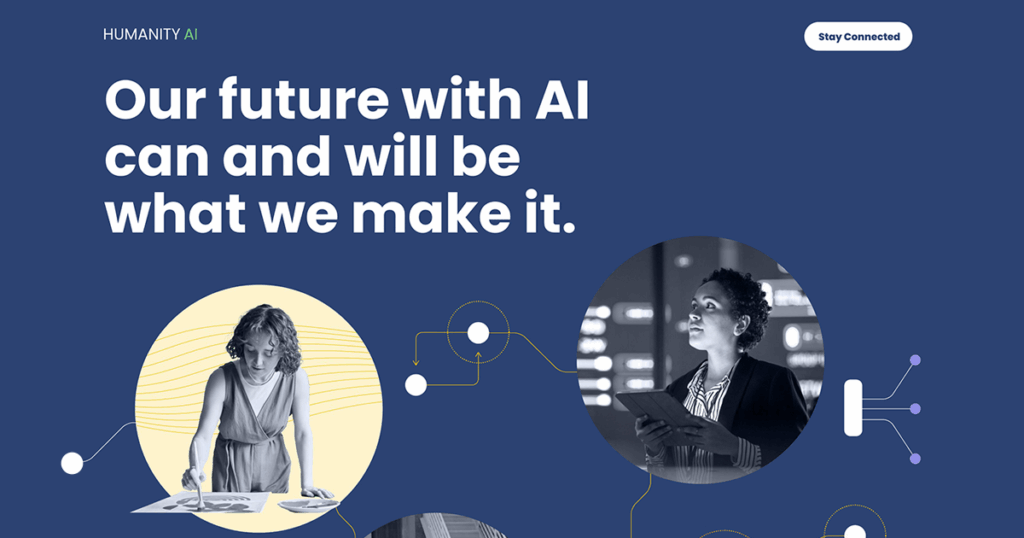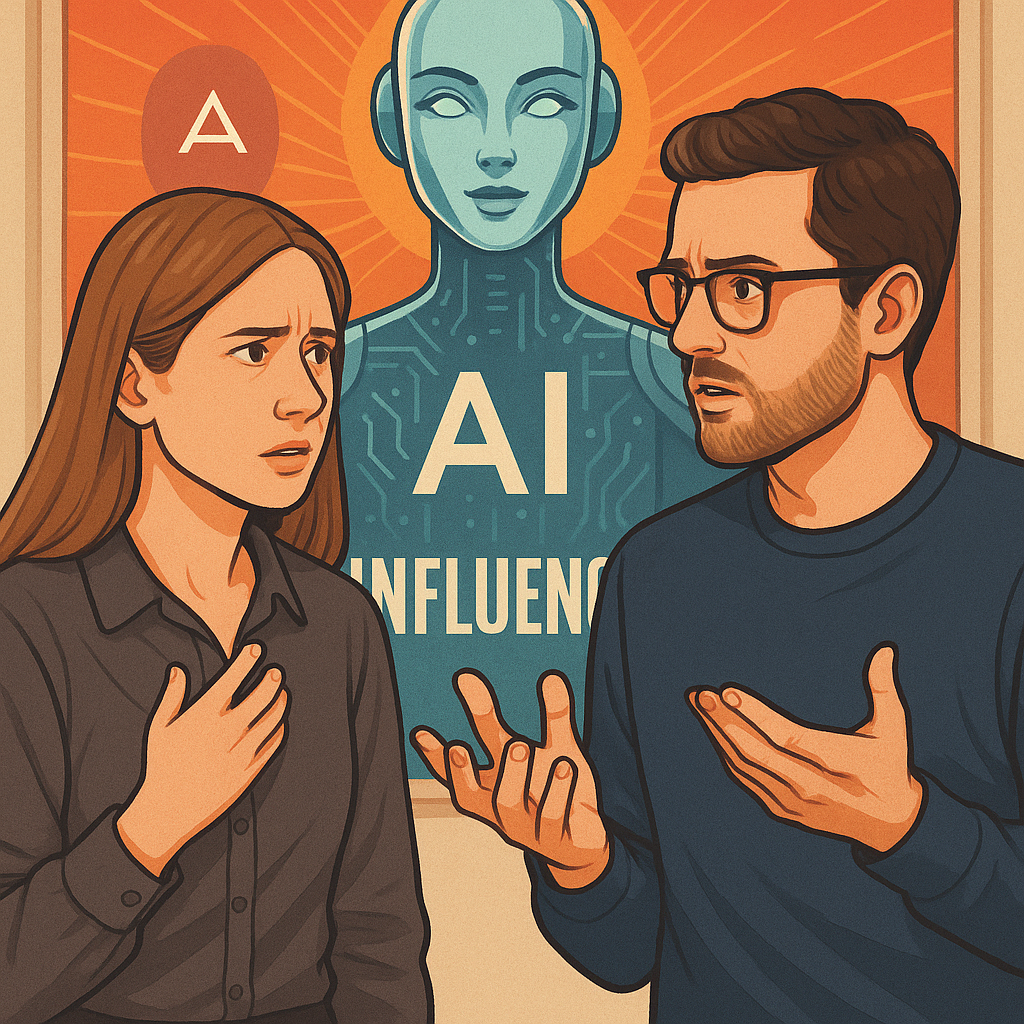Philanthropy Takes on Big Tech’s AI Power
A new coalition named Humanity AI launches with a massive $500 million commitment to steer artificial intelligence toward human-centric goals. Backed by ten major foundations — including the MacArthur Foundation, Omidyar Network, Mozilla Foundation, and the Ford Foundation — the group intends to counterbalance corporate control of AI and direct innovation toward ethics, safety, and societal benefit.
The initiative invests this sum over five years, building momentum for people-driven AI systems rather than profit-driven algorithms. “The future belongs to those who actively create it,” says Mozilla Foundation Executive Director Nabiha Syed. “It shouldn’t belong to a few leaders in Silicon Valley. The systems shaping our lives must be powered by people, open by design, and fueled by imagination.” The Humanity AI coalition champions this vision by putting human-centric principles at the forefront.
What’s Happening & Why This Matters
Humanity AI: Redefining AI’s Purpose

Humanity AI forms a counterweight to tech-industry dominance. Its mission centres on advancing democracy, strengthening education, protecting creative work, enhancing job security, and defending personal safety in a digital world.
The coalition views AI as a powerful tool — one that can assist in medicine, education, and humanitarian efforts — yet warns that without oversight, it can exploit privacy, harm jobs, and worsen inequality. Michele L. Jawando, president of Omidyar Network, explains, “Tech giants chase efficiency. Humanity AI asks what flourishing looks like. I don’t want my life to be efficient. I want it to feel rich, robust, and safe.” In forming the Humanity AI coalition, they strive to reimagine AI’s role across various societal domains.
The Other Side of Innovation
While AI supports students with disabilities and aids refugee translation efforts, it also carries darker impacts. Deepfakes spread misinformation. Energy-intensive models drive fossil fuel use. And automation displaces entry-level workers.
Tech firms, including OpenAI, Microsoft, and Google, focus primarily on products that promise revenue. Jawando notes that recent OpenAI projects like ChatGPT’s virtual marketplace that connects to Etsy and Uber Eats, illustrate how profit takes precedence over human welfare.
Humanity AI intervenes by funding organisations, researchers, and communities that prioritise social good. Its members, including the Mellon, Lumina, Packard, Kapor, and Siegel Family foundations, commit to projects that foster transparency, civic participation, and creative freedom across the digital world. By forming the Humanity AI coalition, they pledge to balance tech and societal impacts.

Filling a Regulatory Gap
The coalition’s timing echoes frustration with lax government oversight. Under President Donald Trump, US regulatory agencies loosened restrictions to accelerate AI growth. That decision, coupled with rising private-sector influence, triggered concern among civil society leaders about who controls the future of intelligent systems.

Humanity AI fills that void by mobilising private capital and expertise to give civic groups a seat at the table. It funds new approaches to AI governance rooted in ethics and environmental awareness, bridging the gap between technology developers and the communities their tools affect.
“The world doesn’t need faster code,” says one member of the initiative. “It needs frameworks that prioritise human dignity and environmental stability.” By participating in the Humanity AI coalition, members push for this necessary regulatory change.
TF Summary: What’s Next
Humanity AI reshapes how power flows inside the tech world. Its collective investment creates a platform for ethical innovation and democratic oversight. Expect a surge of partnerships between philanthropy, academia, and advocacy groups focused on transparency, algorithmic fairness, and creative protection.
MY FORECAST: The movement says that the future of AI is not solely written in Silicon Valley boardrooms. It has the potential to be rewritten by those who believe technology serves humanity — not the other way around.
— Text-to-Speech (TTS) provided by gspeech


